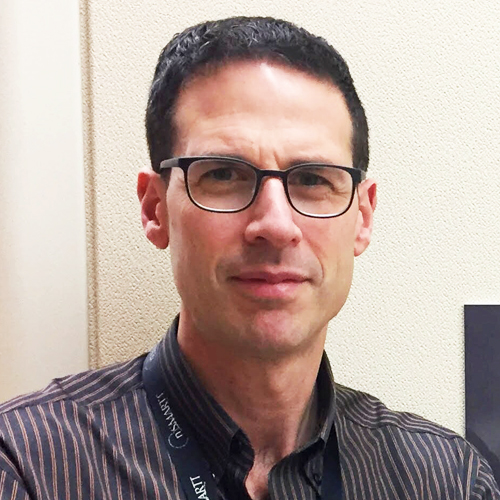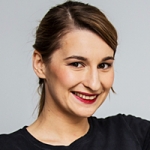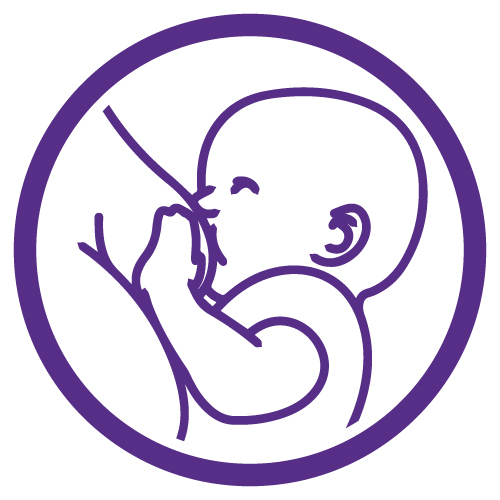 IBCLC Detailed Content Outline: Pathology Focused CERPs - Section III
IBCLC Detailed Content Outline: Pathology Focused CERPs - Section III
Access CERPs on Pathology for the IBCLC Detailed Content Outline recertification requirements. Enjoy convenient on-demand viewing of the latest Pathology focused IBCLC CERPs at your own pace.
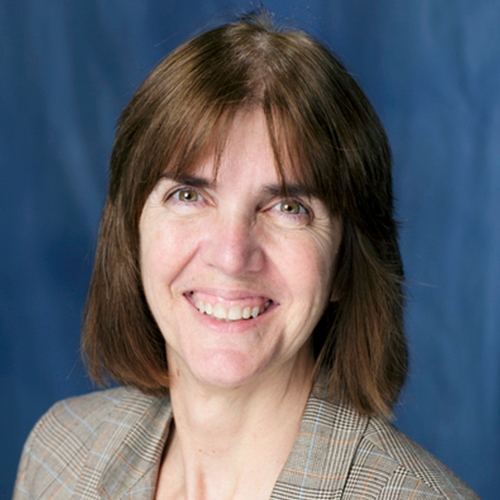
Recognition and Management of the Infant With Congenital Anomalies

Dr. Jacqueline Hoffman has over 37 years in the field of neonatal health care. She completed her Masters in Perinatal/Neonatal Health at the State University of StonyBrook and her DNP at the University of Alabama, Birmingham. She was previously the NNP Track Coordinator and Clinical Faculty at UAB and the University of Florida. She is currently an Assistant Professor at Rush University in Chicago in the DNP-NNP track. She has a clinical practice with Oregon Health & Science University (OHSU) and is the lead NNP at PeaceHealth Southwest in Vancouver, Washington. She precepts medical (family and pediatric residents) and NNP students in her clinical practice. She was part of the original Council for the National Association of Neonatal Nurse Practitioners (NANNP), is a Member-At-Large for the Florida Association of Neonatal Nurse Practitioners (FANNP), and is a member of the Academy of Neonatal Nurses, American Academy of Pediatrics (AAP) Perinatal Section, American Association of Nurse Practitioners (AANP), and member of the Association of Women's Health, Obstetric and Neonatal Nursing (AWHONN). She has authored several book chapters in textbooks targeted for the NNP. She is a nationally known speaker as well as has presented several poster presentations on Case Studies.
Throughout pregnancy, parents begin dreaming of their perfect, healthy baby. What happens when their dreams appear to be shattered by an infant that has obvious dysmorphic features and may have long-term problems? This session will provide an overview of common genetic terms, discussion of classifications of congenital anomalies with common findings, discussion of cytogenetic evaluation, and family communication.
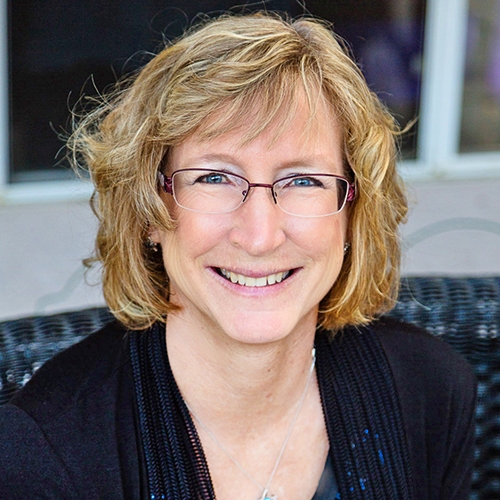

Lisa Marasco has been working with breastfeeding mothers for 35 years and has been Internationally Board Certified since 1993. She holds a Master’s degree in Human Development with specialization in Lactation Consulting and was designated a Fellow of ILCA in 2009.
Lisa is co-author of Making More Milk: The Breastfeeding Guide to Increasing Your Milk Production, a contributing author to the Core Curriculum for Interdisciplinary Lactation Care, and a Cochrane Collaborative author. She is employed by WIC of Santa Barbara County while she continues to research, write and speak. In addition, Lisa is affiliated with La Leche League of So. Calif/Nevada, and serves on the Breastfeeding Coalition of Santa Barbara County.
Topic: Deciphering the Lactation Curve - [View Abstract]
Topic: Getting a Better Grip on Prolactin - [View Abstract]
Topic: Recognizing When Things Are Heading South - [View Abstract]
Topic: The Mysterious Milk Ejection Reflex - [View Abstract]
Breastfeeding is normally a robust process, but sometimes mothers and babies end up in a gray area where your gut isn’t sure that everything is going to be okay. When low milk production concerns present, where do you start? Is it real or perceived? Delayed, secondary or primary? Which came first, the chicken or the egg? This session walks through the assessment process to determine whether a problem exists and what the cause of a low milk supply might be.
View Details / Enroll
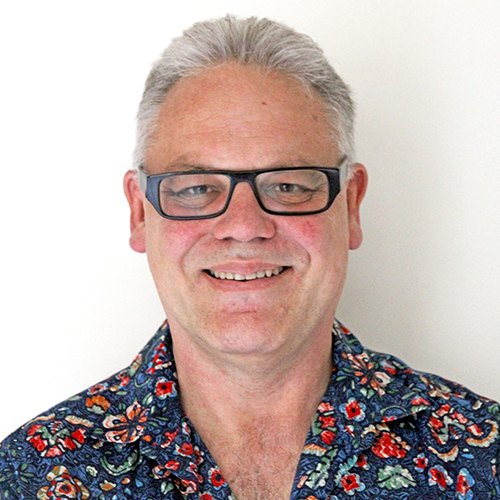

Dr Philip Hand practices in Melbourne, Australia . His certifications include: BDS (Otago N.Z.), FICCDE LA&HA Master in Laser Dentistry (Slovenia), MSc Laser Dentistry (UCSC – Rome). He is the Secretary of the International Academy of Innovative Dentistry (IAID) and Assistant Professor UCSC-Rome. Dr. Hand is interested and practices in all fields of general dentistry. These include Implant Dentistry, Endodontics, Periodontics and Orthodontics (POS Graduate). He is a devoted proponent of the use of the dental microscope and dental lasers. He is passionate about tackling the issues and treatment for infant feeding both breast and bottle, airway health and growth and sleep from a dental perspective. He works collaboratively with lactation consultants, maternal health nurses, paediatricians, paediatric osteopaths and chiropractors in the treatment of infants in this pursuit and is actively involved in teaching the importance of this treatment for our patients from infants to adults.
This presentation will look at new research into lingual frenulum restriction and its surgical release to achieve improvement in problems with reflux, breastfeeding and pain for the breastfeeding mother. I will also expand this into restrictive tethered oral tissues (lip-tie, buccal-tie) as a whole, as this was part of my published study into the laser surgical release of restrictive tethered oral tissues on breastfeeding and Gastroesophageal Reflux Disease (GERD). Learn more about the impact of surgical release (frenotomy) of tongue- tie, lip-tie, buccal-tie on both reflux and breastfeeding outcomes for the classically recognised anterior tongue-tie and the less obvious (without functional assessment) posterior tongue-tie. Posterior tongue-tie was noted in 71% of the study cohort.
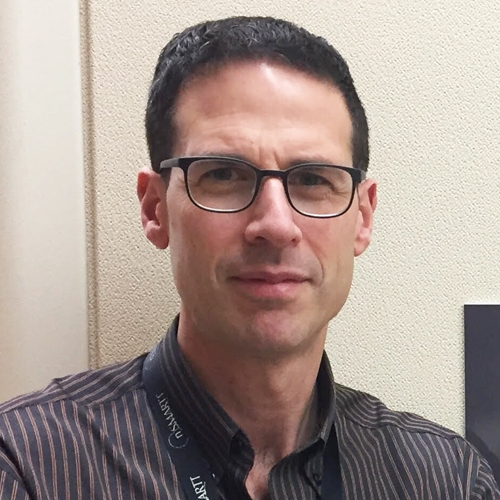

Dr. Narvey began his training in Pediatrics at the University of Manitoba in Winnipeg where he completed a year of further training in Neonatology. This was followed by two years of Neonatal fellowship at the University of Alberta in Edmonton. Afterwards he began his career as a Neonatologist in the same city and over the 6 years he spent there, his career included both clinical and administrative duties including 4 years as the Fellowship Program Director and two years as the Medical Director for a level II unit. In late 2010 he accepted a position in Winnipeg to become the Section Head of Neonatology and continues to hold this post. In 2016 he took on the additional role of Medical Director of the Child Health Transport Team. In 2015 he became a member of the Canadian Pediatric Society’s Fetus and Newborn Committee and in 2019 took over as Chair of the same. His interests predominantly lie in the use of non-invasive technology to minimize painful procedures during an infants stay in the NICU. He is active on social media and has a passion for fundraising and is an active board member of the Children’s Hospital Foundation of Manitoba.
Topic: Human Milk Diet and Fortification: Controversies and Evidence - [View Abstract]
Topic: Many Different Shades of Yellow - [View Abstract]
Topic: Respiratory Problems in the Newborn: Where Are We in 2022? - [View Abstract]
Topic: Sweet and Sour: Hypoglycemia in the Newborn - [View Abstract]
Newborns may develop respiratory distress for a number of reasons. Using a case study approach, several conditions will be explored with emphasis on what the standard of care is and what is the latest in our 2022 toolbox for treating them.

Rethinking Surgical Tools - Infant Frenotomy & Pain

Effath Yasmin is India's leading Biodynamic Craniosacral Therapist, an award winning International Board Certified Lactation Consultant & a Documentary Film Maker. She is also an International Speaker, an Author & a Bach Flower Practitioner.
Her special interests lie in Infant Oral, Sucking & Airway Dysfunction, Tongue Tie, Birth Trauma, Craniofacial Development and a range of chronic physical and mental dis-eases & quantum energy phenomenon. She applies these sciences into Life Coaching, Inner Child Healing and Parenting. Her approach stems from fundamental truth of human organism is complete and self-regulatory and treatment & counselling approach is by deep listening & true empathy to mind body and spirit rather than by intervention.
She currently sits on several national & international professional boards.
She has spear-headed & dedicated her life to many projects with a central mission of advocacy, education and awareness for integrative multidisciplinary wellness approach worldwide. Her work has been published in the International Journals & a textbook and she writes extensively on print and digital media on the subjects of Breastfeeding, Tongue Tie, Parenting & Health related subjects.
Her international award winning film 'Untying Breastfeeding' exposes the glaring unseen obstacles to Birth & Breastfeeding & early parenting that can help restore motherhood and has been widely celebrated over 1500 Cities worldwide. She is currently pursuing her Ph.D. in Metaphysical Sciences.
Topic: Rethinking Surgical Tools - Infant Frenotomy & Pain - [View Abstract]
Topic: Trauma Informed Care in Clinical Infant Oral Assessment: Understanding Body Autonomy - [View Abstract]
Ankyloglossia (tongue tie) impacts and can impair normal oral function in infants leading to a myriad of complications with breastfeeding. Increased awareness of this impact has led to increased diagnosis and treatment of tongue tie through frenotomy/frenectomy. These procedures are typically completed using one of two tools: scissors or laser and sometimes cautery. While the methods are equally effective when completed by a competent practitioner, the blood coagulation of the surgical incision made by a laser is cited as an major advantage in laser surgeries along with great advantage of visibility at the surgical site by the surgeon. Therefore laser release is widely perceived as superior to scissors in the recent development in LASER FRENECTOMIES.
There has been very little research that has been published on the post-procedural effects of surgical tool used. In her practice, the author has noted significant and consistent patterns in post-procedure pain, correlating to which tool is used for the release. This presentation attempts to highlight that it is critical we study the scale of pain experienced by infants post frenotomy in correlation to tool of surgery since Pain affects babies' nervous systems potentially changing the structure and physiology of the nervous system and be a cause of problems with sleep, feeding, and self-regulation. The Author will review specific data measurements that demonstrate these patterns, and present a theory for potential reasons of prefering one tool over the other for low risk Infant Frenotomies.


Dr Nandiran Ratnavel has been a Consultant Neonatologist at The Royal London Hospital, Barts Health NHS Trust for 16 years. He is Director of The London Neonatal Transfer Service and Joint Clinical Lead for North East and Central London Neonatal Services. He serves as joint implementation lead for In Utero Transfer Services in London and has recently taken up a position as Neonatal Clinical Lead for the London Maternity and Neonatal Safety Improvement Programme. Finally he has a role as clinical reviewer for the Independent Maternity Services Oversight Panel for the Welsh Government.
Retrieval medicine is associated with certain hazards. These can affect the patient or staff. Avoidable adverse events often arise as a consequence of suboptimal communication, drug error, inadequate preparation or equipment failure. Applying the principles of risk management and clinical safety is essential. To understand issues associated with neonatal transport one needs to look at the infrastructure of transfer teams, arrangements for governance, risk identification, incident reporting, feedback and learning from experience. One also needs to look at audit processes, training, communication and ways of team working. Adherence to current recommendations for equipment and vehicle design are also vital. Benchmarking between services and sharing best practice with a view to optimising safety and reducing risk is recommended.


Leslie Parker has a dual position at the College of Nursing and the College of Medicine at the University of Florida where she is a professor. She has been a neonatal nurse practitioner since 1990 and continues to practice as a neonatal nurse practitioner in the NICU at UF Health. She was the tract coordinator of the neonatal nurse practitioner program from 1992-2011. She has been involved in human milk research for nearly two decades and focuses on improving milk production in mothers of critically ill and premature infants. She is funded by the National Institutes of Health for her team’s work regarding neonatal nutrition including the risk of feeding tube contamination, risks and benefits of gastric residual evaluation and optimizing consumption of breast milk for preterm infants.
Until recently, routine monitoring of gastric residuals has been standard care in most neonatal intensive care units (NICUs). Rationale for this practice includes early recognition of feeding intolerance and necrotizing enterocolitis. However, gastric residuals are often used to direct feeding decisions and thus their use can result in delays and interruptions in feeding resulting in an increased risk of complications. Recent evidence suggests that the routine monitoring of gastric residuals prior to every feeding may not be clinically necessary and other clinical indicators may be sufficient to monitor for feeding intolerance and necrotizing enterocolitis. This presentation will describe practices clinicians are currently using to monitor gastric residuals In addition, an overview of current evidence including the risks and benefits of monitoring gastric residuals, alternatives to monitoring gastric residuals, and how to best change unit practice in order to decrease the routine use of aspirating and evaluating gastric residuals prior to every feeding will be presented.
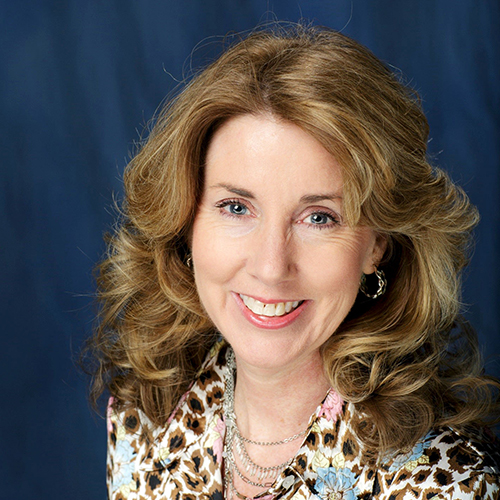
View Details / Enroll
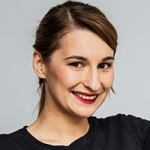
Rusty Pipe Syndrome: A Case Report From Poland

Anna has been working as a midwife since 2009. From the very beginning of her studies she has been fascinated with breastfeeding. During her studies for her Bachelor's and Master's degrees in Midwifery, her main area of interest was promotion and support for breastfeeding among women. Anna's interest in breastfeeding turned into a passion that led her to pursue the Polish Certification of Lactation Consultant and she is working toward certification as an IBCLC. She opened a private practice and a support group for local women in Krakow (cracko). Anna’s Interest and passion for lactation and breastfeeding have deepened during her current PhD studies. She is a PhD candidate in 2018 at University Medical College and is the coordinator of the Krakow Human Milk Bank.
Her scientific area of expertise: change in milk composition (macronutrients), human microbiota during pregnancy, lactation as well as tandem breastfeeding. Her research is carried out in the Department of Obstetrics and Perinatology. Anna is the author of many lectures and workshops for students of midwifery and medicine in area of breastfeeding, lactation and the variation of composition of human milk. Since 2016 she has been popularizing the science of human lactation in Poland and she is always finding new ways to promote and support breastfeeding women. In her spare time she practices meditation, yin yoga and is learning how to dance rock and roll.
Topic: Rusty Pipe Syndrome: A Case Report From Poland - [View Abstract]
Bloody nipple discharge is an unusual experience during lactation for both the mother and her attending physicians. Painless bleeding from the breasts in the early post-partum period can be a physiological condition called a rusty pipe syndrome. This report describes the case of bilateral bloody nipple discharge that started after caesarean section and subsequently ceased within a few days.
Natural breastfeeding is the best way of nourishing newborns and infants. The process of breast milk production starts as early as between weeks 16 and 22 of pregnancy and colostrum can appear from the nipple in the following weeks. Milk containing blood can be a cause of concern for the mother and her physician. The reasons can be various; however not all of them would be caused by bleeding from the glandular tissue.

View Details / Enroll
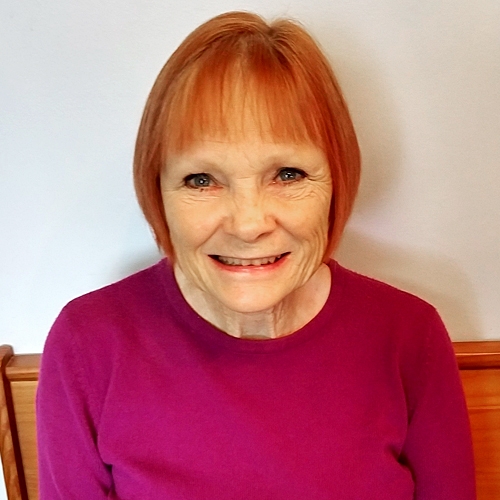
Sensory Integration and Breastfeeding

Nancy has been providing breastfeeding help and support for 40 years and has been a national speaker for 30. She has been a perinatal educator and consultant since the late 1970’s. Her second career is that of a Marriage and Family Therapist. Her passion is to explore the larger picture of the mother-baby dyad in the context of the breastfeeding relationship.
Topic: Teens and Breastfeeding - [View Abstract]
This session will look at sensory integration problems, now known as Sensory Processing Disorder. How might these difficulties impact the breastfeeding dyad and the family? We will describe this and present ideas on how to minimize the problems and support breastfeeding.
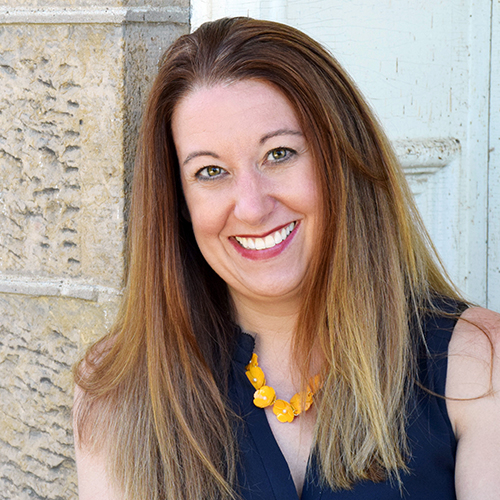
Sensory Processing and Breast/Bodyfeeding: Using Co-Regulation to Support the Feeding Relationship

Gretchen Becker Crabb is an Occupational Therapist, Licensed Professional Counselor, and Endorsed Infant Mental Health Therapist. She is also a Certified Lactation Counselor, La Leche League Leader, and Brazleton Newborn Observation (NBO) trainer.
Gretchen’s passion is rooted in fostering lifelong relationships and connection through co-regulation in pregnancy and beyond. Her unique approach to lactation support and therapy is rooted in culturally attuned sensory, somatic, and trauma-informed mental health techniques.
Gretchen owns and operates a private practice in Madison, Wisconsin. For 21 years, she has provided developmental, trauma, feeding, and attachment support for tiny humans and their caregivers in birth to three, preschool, private practice, and peer group settings. Gretchen is an international speaker, reflective supervisor, and infant mental health consultant. In these roles, she offers compassionate, experiential, and reflective holding spaces for professionals. She is a proud United States Air Force spouse and mother of three boys.
Topic: Infant Mental Health: What Does It Look Like in Practice? - [View Abstract]
Topic: Scent-Sational Connections: The Role of Olfaction in Development - [View Abstract]
Topic: Sensory Processing and Breast/Bodyfeeding: Using Co-Regulation to Support the Feeding Relationship - [View Abstract]
Topic: Vestibular Processing: Using the Sixth Sense to Support Lactation and Parent/Infant Relationships - [View Abstract]
Well-organized sensory systems provide the foundation for relational feeding. Sensory interactions communicate the story of the dyad, a window into strengths and challenges. Encouraging families to attune to their own sensory preferences and that of their infant can significantly influence the dynamics of the body/breastfeeding relationship. This presentation will explore the basics of sensory processing as it relates to provider, parent, and infant co-regulation in the context of body/breastfeeding and lactation support. We will explore basic neurology and cultural influences of the 8 senses though dyadic examples. Ways in which subtle signs of sensory disorganization and sensory processing disorder present in body/breastfeeding relationships will also be reviewed. Participants will learn practical strength-based sensory strategies to support families in the beginning stages of life, feeding, and beyond.






